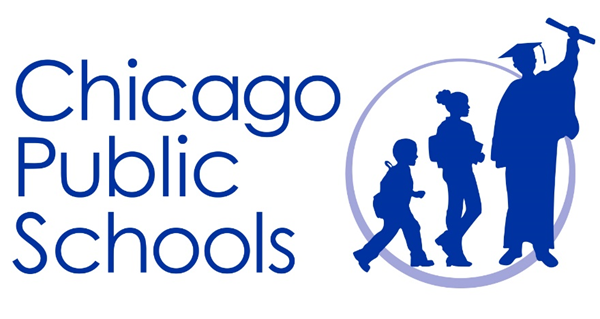Chicago Public Schools data breach affects nearly 500K students – By Anna Merod, K-12 Dive
Nonprofit ed tech provider Battelle for Kids informed Chicago Public Schools on May 11 it was the victim of a ransomware attack on Dec. 1 that compromised data from 495,448 student and 56,138 staff records, according to a CPS statement released Friday.
Compromised information from the data breach included students’ names, dates of birth, genders, grade levels, schools, district and state identification numbers, information about courses taken, and scores from performance tasks used for teacher evaluations during school years 2015-2016 through 2018-2019.
The vendor maintains that no recent evidence suggests this data has been misused, posted or distributed, according to an emailed statement from Battelle for Kids, which stores student course information and assessment data for teacher evaluations covering over 2.2 million students. CPS also said no social security numbers, financial information, health data, course grades, current class schedules or home addresses were compromised.

Fewer college students choosing to major in education – By Courtney Wallen, Spectrum Local News
North Carolina school districts are battling to fill vacancies for teachers, but this could become more challenging as more college students are choosing majors other than education.
Between 2012 and 2021, there has been a 35% decline in enrollment of bachelor’s in education programs at University of North Carolina System schools. Every college in the system, aside from Western Carolina University, shows a drop of enrollment for education majors. There’s a 9% decline in students enrolling in master’s degrees in education.
More than 8% of teachers left employment in the 2020-21 academic year, according to the North Carolina Board of Education. Many districts are still looking to fill vacancies. Other programs like licensure, residencies and master’s programs can help people with bachelor’s degrees become teachers, regardless of area of study.

Before session ends, reading intervention bill gets through by close House vote – By Lisa Phu, Alaska Beacon
By a close vote of 21-19, the House passed a bill implementing a statewide approach to how schools intervene when students have difficulty reading. The measure had been blocked in the House, but the Senate included it at the last minute in another bill. Both chambers passed the bill, although most members of the House majority caucus opposed it.
The reading intervention bill was a priority of Gov. Mike Dunleavy and Sen. Tom Begich, D-Anchorage. It is intended to assist students in achieving reading proficiency by the end of third grade.
House Bill 114, originally related to education loans, left the House on April 25 at two and a half pages long. When it got to the Senate floor on Tuesday, that body made amendments, including adding the reading legislation, known as Senate Bill 111. As a result, the bill that came back to the House for a concurrence vote Wednesday night was 45 pages long. Senate Bill 111 passed the Senate April 16. On the House side, the bill went through 60 amendments in House Education before it stalled.
Despite the final vote count in the House Wednesday evening – the last night of the regular session – more representatives spoke in opposition of the bill than in favor during floor debate, like Bethel Democratic Rep. Tiffany Zulkosky. She said, “My concerns are rooted in the protection of small schools, Alaskan Native children, Alaskan Native language-speaking students, that such an onerous policy would unintentionally disadvantage these groups to their peers. I’m deeply disturbed by the idea that our body would concur with a bill that removes local control from school districts, passes unfunded mandates, and allows the State of Alaska to interfere into what should be a decision between parents, students and teachers.”

Statement from Secretary Cardona on Today’s Tragic Events at Robb Elementary School in Uvalde, Texas – From US Department of Education
U.S. Secretary of Education Miguel Cardona today issued the following statement in response to the tragic events at Robb Elementary School in Uvalde, Texas:
“My heart is aching for all the families in Uvalde, Texas who are living through every parent’s greatest fear and worst nightmare: a shooting in their children’s school. As a parent, I am filled with grief for the families and students; concern that as our schools move past pandemic closures, the fear of shootings has become all too real once again; and anger at the lack of will by many to pass legislation that can protect our children. I pray our nation has not grown numb to the horrors that unfolded today at Robb Elementary School, when the lives of 18 precious children and a devoted educator were cut short. How many more lives must be lost before we realize that we, the people, and those we elect, have the power and the opportunity to ensure this never happens again?
“My team at the Department of Education is offering every available federal resource—including through our Project SERV (School Emergency Response to Violence) program and on-the-ground support—to help the families, educators, staff, and greater Robb Elementary School community recover from this trauma and loss.












